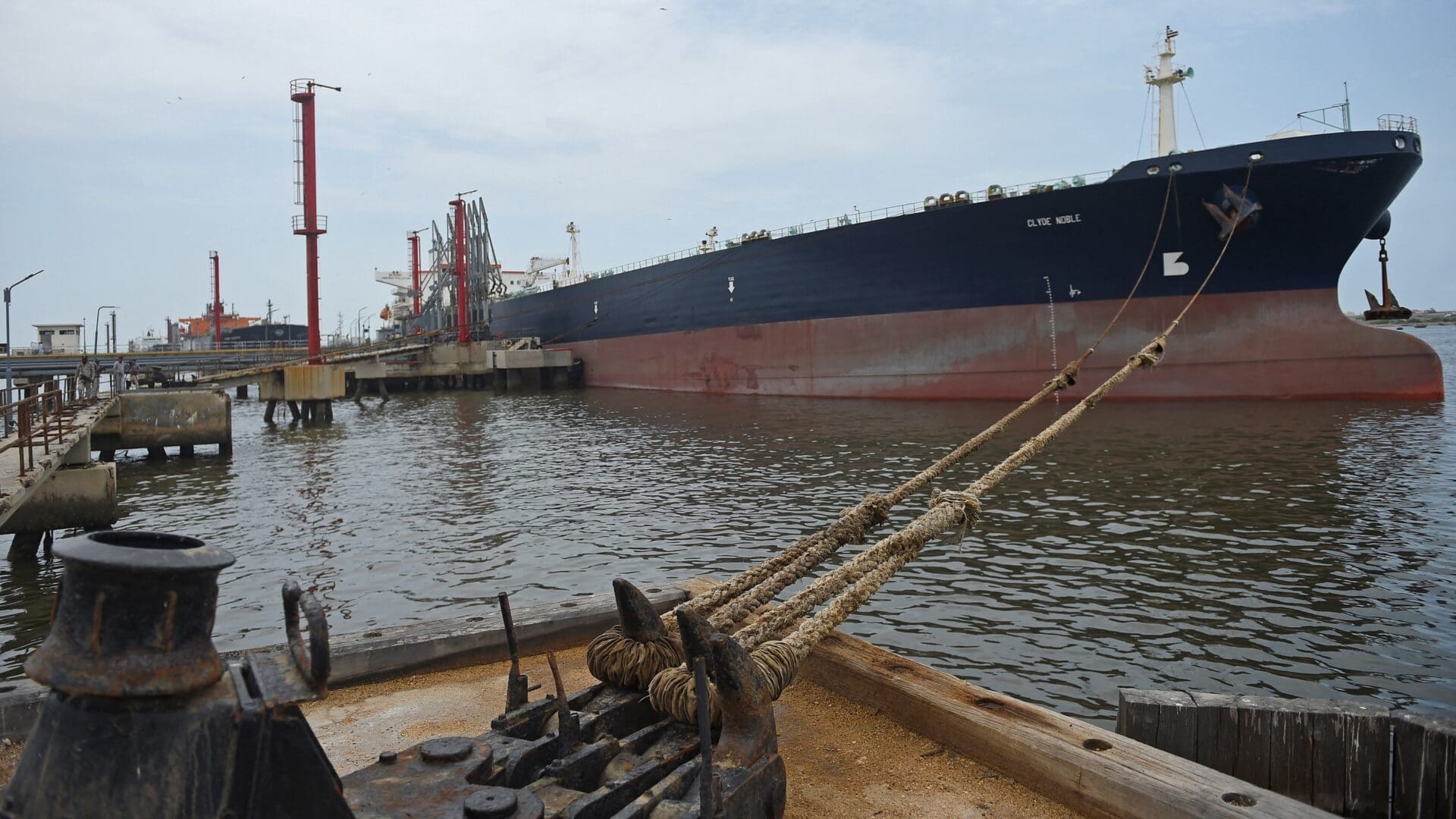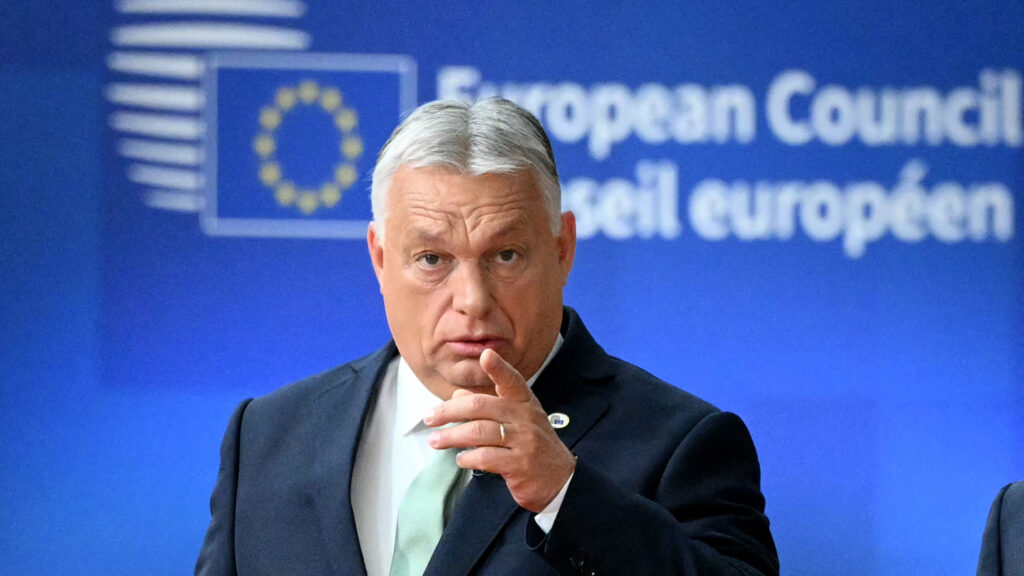The Tisza Party has incorporated the EU’s goal of banning Russian energy imports into its political programme, according to a September survey by the Századvég Foundation. The research, based on responses from 1,000 adults, revealed that the proposal divides Hungarian society along party lines.
While Péter Magyar announced that Tisza would support Brussels’s call for restrictions on Russian oil and gas, the poll found that 66 per cent of the overall population rejects such a measure. The survey highlighted the potential economic consequences: gas prices could triple household utility bills, fuel costs could exceed 1,000 forints per litre, and more than one million households could face insolvency. Rising energy costs would also spill over into other goods, potentially adding nearly 10 per cent to inflation in the coming years.
Given these risks, most Hungarians oppose both EU Commission President Ursula von der Leyen’s stance and Péter Magyar’s proposal, preferring to maintain trade ties with Russia. Yet support within Tisza’s voter base tells a different story: 59 per cent of the party’s sympathizers said they would back a ban even at the cost of higher energy and fuel prices.
By contrast, 96 per cent of Fidesz–KDNP voters strongly oppose the move, aligning with the broader majority that favours a pragmatic approach to energy security. According to Századvég, this underscores how Magyar has reframed a technical and economic challenge into an ideological issue among his followers.
Related articles:







